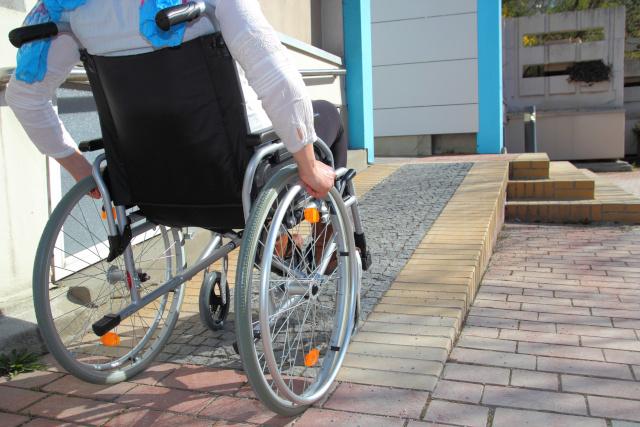Find local care and support for adults
Live Well Hull is a one-stop information, advice and support website for adults of all ages, abilities and backgrounds. You can find information that can help you or someone you know to -
- get out and about
- stay healthy and active
- stay independent at home
- care for someone
- find out how to get assessed for adult social care support
- find local groups, activities and services in your area
The website is a joint initiative between Hull City Council's Adult Social Care, Public Health and Forum, partners from the voluntary and community sector.
Information, help and advice to support you to live your life how you choose to.
Information, help and advice to maintain your physical and mental health.
Information, help and advice to support you to get out and about in your community.
Information, help and advice to support you to care for a loved one.
Self-help
You can use the community directory to search for local groups, activities, services and more to help support you in your everyday life.

Information and resources for professionals working in the care sector in Hull in order to support them to provide the highest standard of care and support possible.
Social care is about providing help, care and support to those who need it. If you, or a loved one, need practical, financial or emotional support to help with your care needs, there are different types of care options available, each focused on supporting you to live your life the way you choose to.
If you have concerns about an adult and their wellbeing and safety, you can report your concerns here.
Information and Advice Hubs
Adult Social Care's See and Solve Team are providing face to face hubs to support people with their care and support needs.







